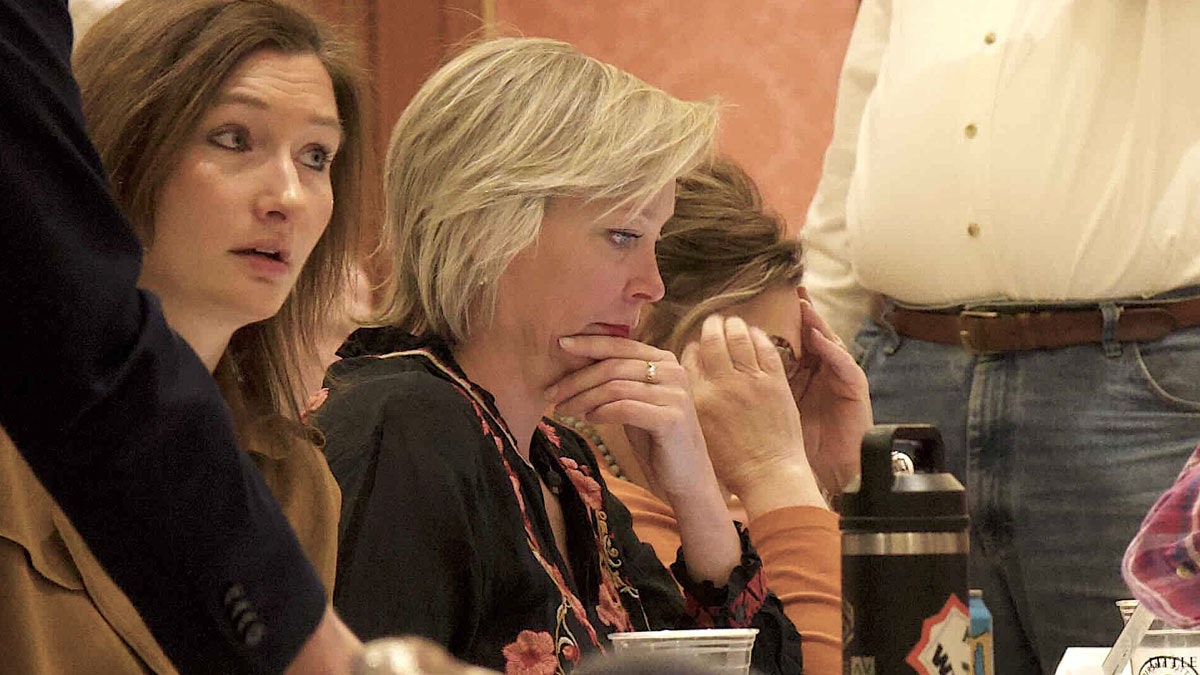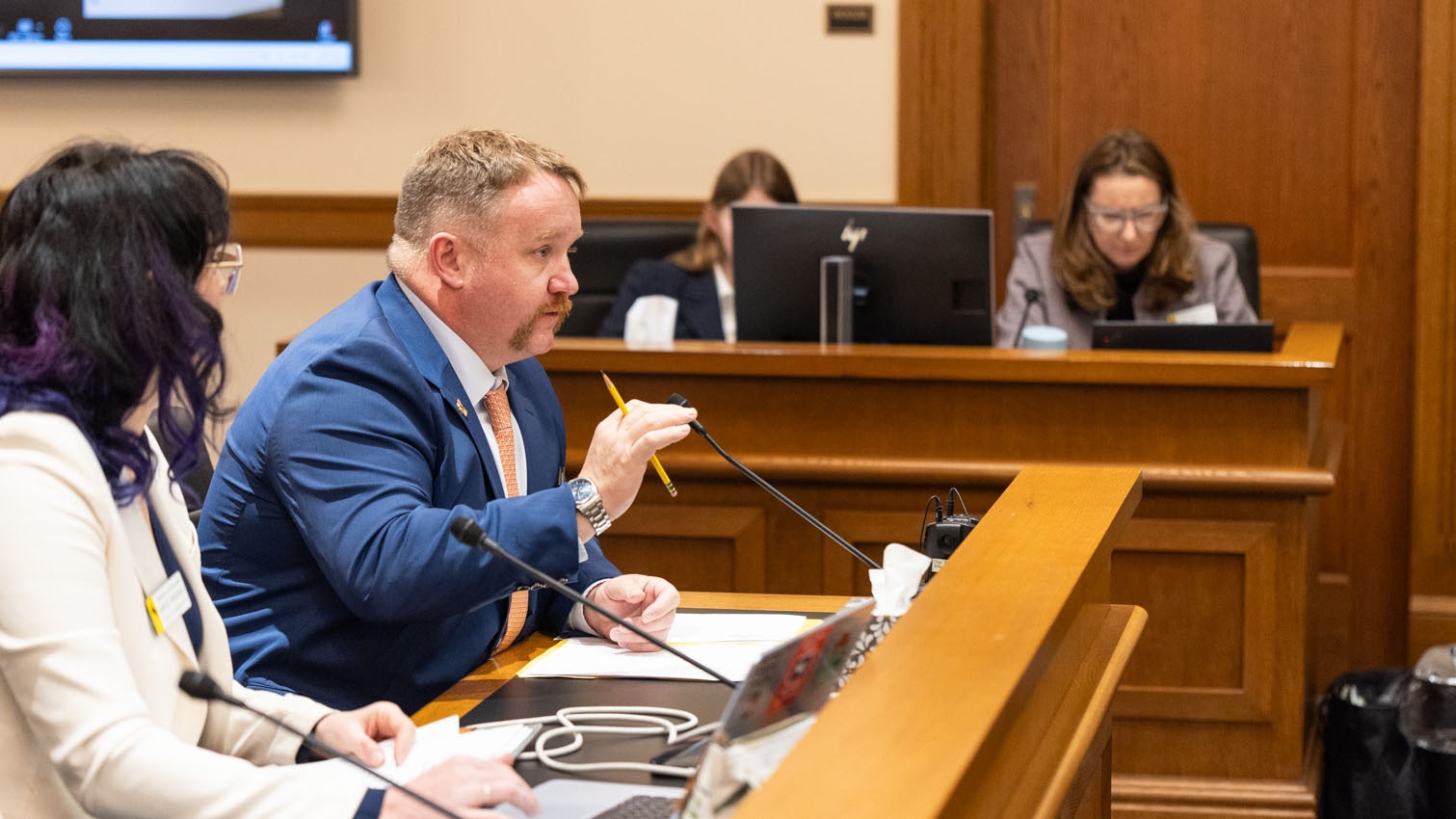U.S. House candidate Harriet Hageman’s lead has grown against U.S. Rep. Liz Cheney, according to a University of Wyoming survey released Thursday morning.
According to a July 25-Aug. 6 survey that yielded 562 responses, Hageman is now leading Cheney by 28 points. This is up from the 22% lead Hageman held over Cheney in a Casper Star Tribune poll conducted in mid-July.
The survey did not use registered voter lists and only surveyed people who said they were likely to vote in the Republican primary.
“Given the unique attention this race is receiving, and the accompanying increases in voter registration and potential party switching, we decided to field this survey to a random sample of all Wyoming residents on cellphones and landlines and work to identify likely voters in the GOP primary,” said Brian Harnisch, director of the Wyoming Survey and Analysis Center. “When looking only at residents who say they are Republican and likely voters in the primary, we actually see Hageman leading by roughly 50 points.”
In the most recent poll, 57% of voters expressed support for Hageman, while 28% said they planned to vote for Cheney.
“The race for the Republican nomination appears to be a referendum on Cheney, as it usually is when an incumbent seeks reelection,” said Jim King, a professor of political science at UW, in a press release for the poll.
Of those who expressed support for Hageman, 16% said President Joe Biden’s election was legitimate and 72% percent said there is solid evidence of widespread voter fraud. This was compared to the 94% of Cheney supporters who said Biden’s win was legitimate and the 3% of her supporters who thought there was widespread voter fraud.
The margin of error for the primary survey is plus or minus 4 percentage points.
Sixty-six percent of people supporting Cheney said they were voting for her solely on her qualifications. Of those voting for another candidate, 41% said they were doing so as a vote against Cheney.
Among Wyoming residents who identify as Democrats and likely voters, roughly half said they will vote in the Republican primary. Among this group, Cheney received 98% support. Among people who identify as Republican and are likely to vote in the primary, 15% said they will be voting for Cheney.
Based on the survey results, King does not expect crossover voting to play a major role in the final primary election results.
Of those surveyed, 8% were Democrats, and 21% Independents. A total of 88% said they are currently registered as Republicans.
Cheney holds a 2% lead among Independent voters.
King has said previously he considers the support of Independent voters a more significant predictor of Cheney’s success than Democrats. He said Cheney’s inability to dominate Hageman among Independents and remain competitive with her among Republicans is not a good sign for the congresswoman’s re-election hopes.
In the 2020 primary election, 61% of registered voters turned out to vote. If 60% of people registered to vote turn out for Tuesday’s primary, which is about how many did in 2020, it would still not be enough for party switchers to change the election outcome, according to Harnisch.
“Back-of-the-napkin math says that number could represent as many as 20,000 votes in the GOP primary from currently registered Democrats, compared to as many as 200,000-plus votes from registered Republicans,” Harnisch said.
State Sen. Anthony Bouchard, R-Cheyenne finished third in the race with 1.7% of the poll vote, while 9.8% of people saying they did not know who they will vote for.
In the UW survey for the Wyoming governor’s race, Gov. Mark Gordon won by a healthy margin, beating top contender Brent Bien by 40% of the vote. Other challenger Rex Rammell earned 3.5%.
There are still many undecided voters in this race, with 24.7% saying they are unsure which candidate will win their support, according to the poll.
A news website or mobile application was the most common source of political information for the surveyed voters. Cable television followed this medium, with print media in a distant third.
Most of those surveyed had at least some college education.





